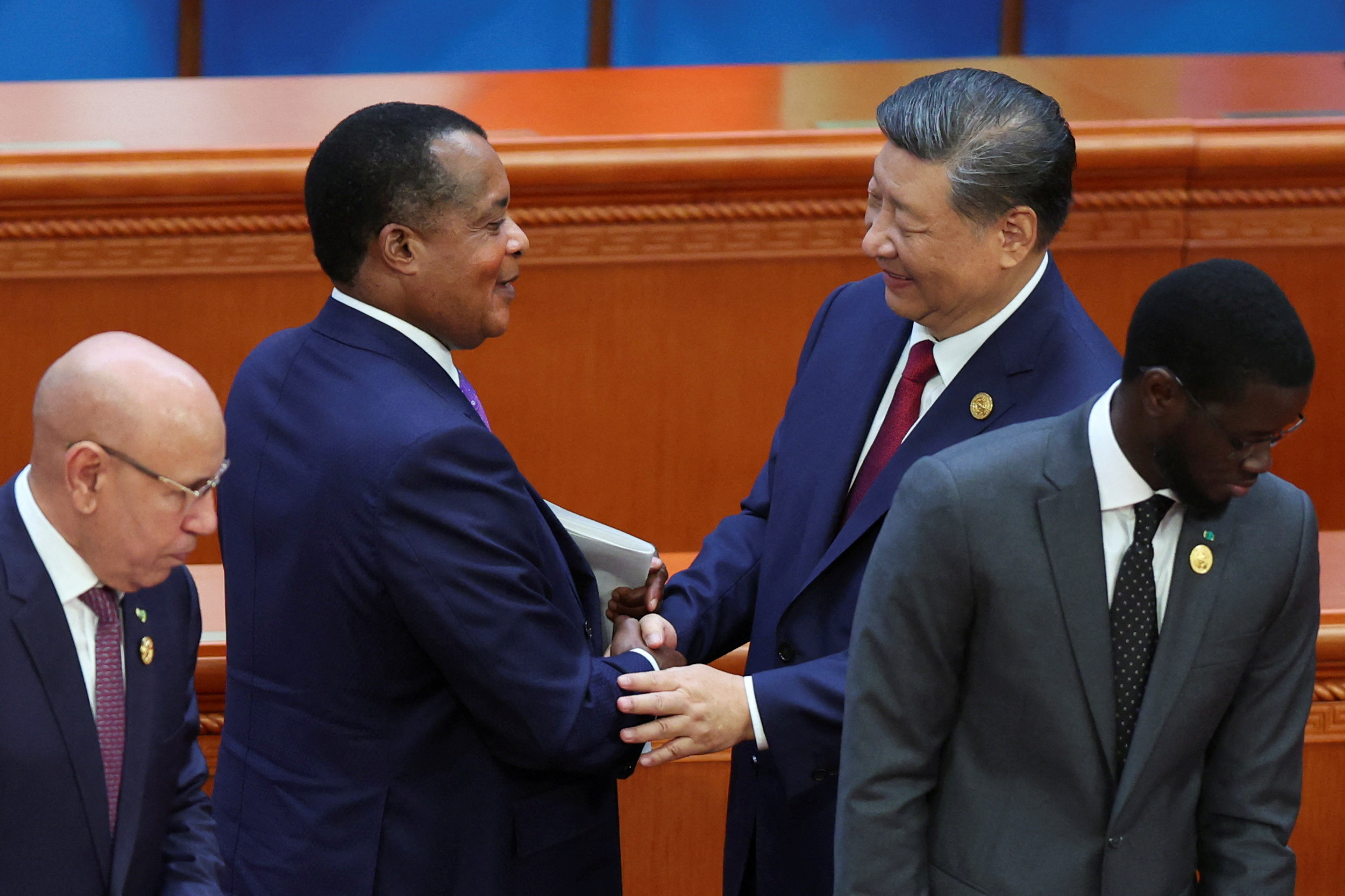China and Korea have committed $4 million to the Africa Centres for Disease Control and Prevention (Africa CDC) to mitigate immediate healthcare funding shortfalls.
This contribution follows financial gaps triggered by U.S. President Donald Trump’s decision to halt various aid programs, according to Africa CDC, the continent’s leading health advisory body.
Africa relies on external sources for approximately 84% of its healthcare funding, including a $500 million pledge from the U.S. to Africa CDC. However, the U.S. has now reduced this commitment to $385 million, leaving Africa CDC with a significant funding gap, according to its Director-General, Jean Kaseya.
Efforts to Bridge the Funding Gap
Kaseya highlighted in an online briefing on Thursday that Africa CDC must secure funds beyond pledges to sustain its operations.
To address the deficit, Africa CDC continues to negotiate with the U.S. government under the premise that “our security is your security.” Additionally, it is engaging with private sector organizations to mobilize resources, though Kaseya did not specify which entities.
Launch of the African Epidemic Fund
Africa CDC recently established the African Epidemic Fund, which was approved last week. This fund consolidates unspent COVID-19 resources and will be instrumental in addressing emerging financial gaps, including mobilizing domestic contributions.
“The African Epidemic Fund is a game changer because we can immediately receive funds and utilize them without requiring approval from any African Union organ,” Kaseya stated. This autonomy allows Africa CDC to respond swiftly to outbreaks and enhance health system resilience.
Additionally, there is renewed momentum toward local vaccine production in Africa. An agreement for the technical transfer of a mpox vaccine from Bavarian Nordic A/S to an African manufacturer is expected next week, though the specific company has not yet been disclosed due to ongoing contract finalization.
Broader Health and Economic Implications
Africa is confronting multiple crises that threaten decades of progress in health security and economic stability. Dr. Jean Kaseya has previously warned that without urgent intervention, financial limitations could erode hard-won health gains, potentially leading to 2 to 4 million additional preventable deaths annually.
Beyond the health impact, he cautioned that economic repercussions could push an estimated 39 million more people into poverty, causing the continent to suffer billions in financial losses each year. The Africa CDC continues to emphasize the need for sustainable funding solutions to safeguard public health and economic stability across the region.




